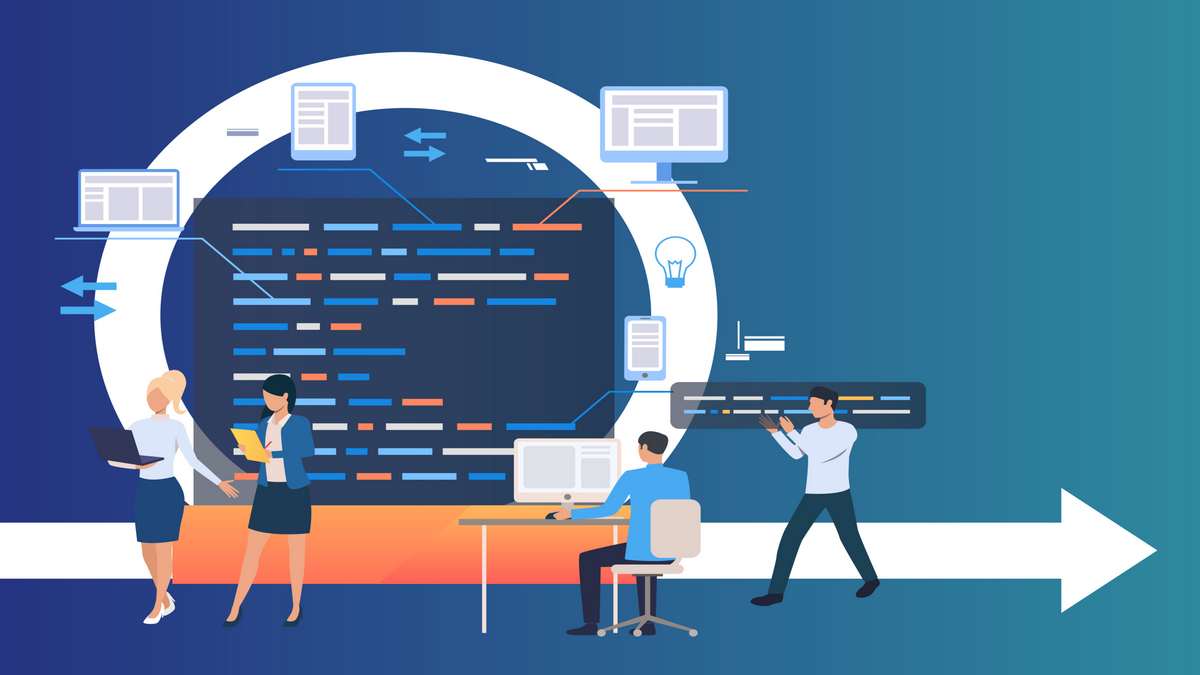
Human resources departments across many industries face a variety of issues that they have to deal with, owing to changes in technology, demography, and work culture. Modern HR Management Systems (HRMS) have evolved as effective tools to assist organisations in navigating these problems and cultivating a more productive and engaged workforce, and here is how:
Acquisition and Retention of Talent
Recruiting and keeping top talent is a constant issue for human resource professionals. Candidates in the contemporary workplace desire more than simply a salary; they seek a feeling of purpose and a good work-life balance. HRMS software can help to improve the applicant’s experience by streamlining the recruiting process. It may also aid in the identification and retention of key personnel by giving information about their career pathways and growth prospects.
Workforce Diversity and Inclusion
Diversity and inclusion are no longer optional for organisations that want to flourish in the modern workplace; they are required. Systems may help to promote diversity and inclusion by offering worker demographic data and analytics. It also enables customised diversity and inclusion training, ensuring that staff have the resources they need to succeed in a varied setting.
Employee Wellness
Employee well-being is becoming increasingly important in the modern workplace. By recording and managing employee health and wellness efforts, HRMS software may help with well-being programmes. It can also give employees with resources to receive mental health care and other wellness-related perks.
Data Security and Compliance
As organisations acquire and retain more employee data, data security and compliance with data protection rules become increasingly important. HRMS may assist by providing safe storage and access restrictions for critical HR data. It may also create compliance reports, ensuring that your organisation abides by employment rules and privacy standards.
Employee Involvement
Employee disengagement can lead to lower productivity and greater turnover rates. HR technology may help solve this difficulty by providing features like employee self-service portals, recognition programmes, and feedback methods. It enables workers to stay connected and involved with their jobs, colleagues, and the mission of the organisation.
Workforce Planning
In the modern workplace, workforce planning is more complex than ever. HRM tools provide the tools needed to analyse workforce data, enabling better decision-making in areas like hiring, resource allocation, and restructuring. It helps organisations adapt to market changes and economic shifts more effectively.
Performance Management
Traditional annual performance reviews no longer meet the needs of the modern workforce. Software technology enables continuous performance management by allowing real-time feedback, goal setting, and performance tracking. This fosters employee growth and development.
As the business landscape evolves, so do the skills required to succeed. HRMS can help identify skills gaps within your organisation and recommend training programs to bridge them. This ensures that your workforce remains agile and capable of meeting new challenges.
Cost Control
Cost control is a perennial HR concern. HRMS can assist in managing costs related to recruitment, onboarding, benefits, and other HR functions. It provides insights into cost trends, allowing HR to make data-driven decisions.
In addition to addressing these challenges, human resources management software can provide a significant advantage to HR professionals by automating repetitive tasks, such as data entry and report generation. This allows HR staff to focus on more strategic initiatives, such as talent development and succession planning.
To summarise, the modern workplace brings several HR concerns, yet software tools provide a comprehensive solution to efficiently manage these issues. It enables HR managers to traverse the ever-changing terrain of the modern workplace by optimising HR procedures, offering data-driven insights, and addressing the different demands of today’s workforce.



